8 imposter foods that aren't what they say they are
Soy "milk"

Velveeta "cheese"
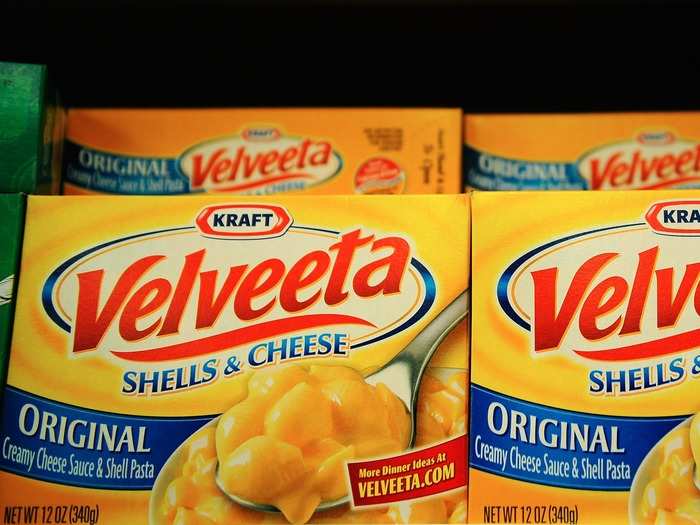
As you might have expected, processed cheese like Velveeta and Cheez Whiz aren't made with real cheese. Instead, they're made with something called cheese cultures, the bacteria that are used to turn milk into cheese. As a result, the FDA says these items can be classified as "cheese products," but not plain old cheese.
"Bacon" bits
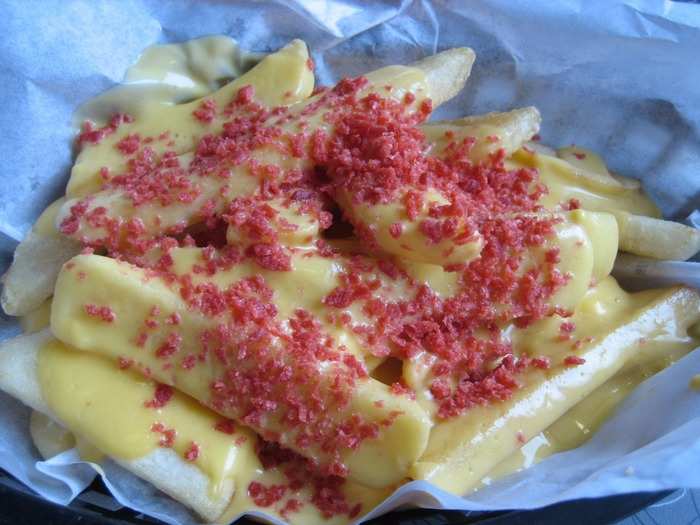
In case its lack of resemblance to actual bacon wasn't already a dead giveaway, bacon bits (or Bac'n Pieces, as they're marketed) don't contain any bacon.
Instead, the crunchy red flakes are made of soy flour and canola oil with some added colors and bacon flavoring tossed in.
To avoid any legal fallout, the crumbly bits are are labeled as such: They go by "bac'n" instead of bacon (duh), and make sure their label includes the wording "bacon flavored." Technically, Bac'n Pieces are meat and dairy free, so they're actually vegan.
Cool Whip — not whipped cream
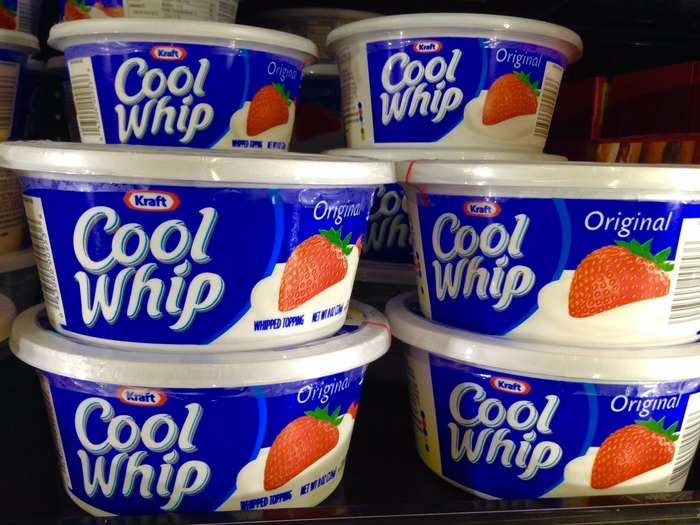
Cool Whip seems like it would be whipped cream, right?
Not exactly. To get its characteristic lightweight consistency, Cool Whip uses mainly corn syrup and vegetable oil. Starting in 2010, the company started adding a touch of skim milk to the recipe as well, so it at least contains some milk.
Just Mayo — not quite
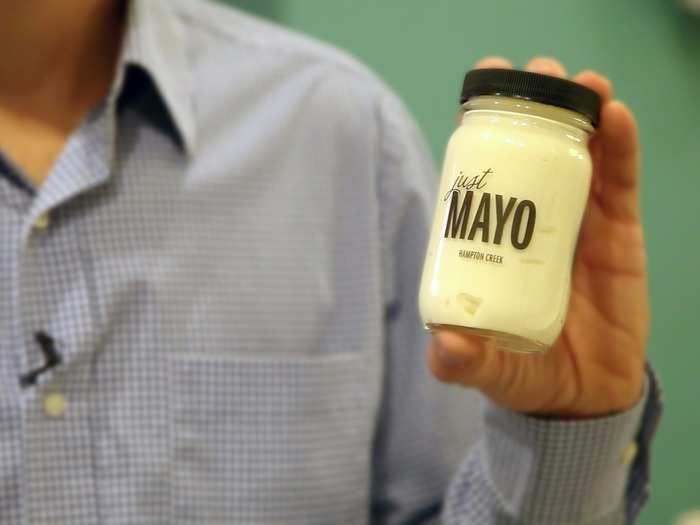
Instead of your traditional mayonnaise made with eggs, oil, and vinegar, Hampton Creek's creamy sandwich topping replaces the eggs with ingredients like pea protein.
The name mayo, short for mayonnaise, the FDA said, can only be given to foods that contain eggs. The name "Just Mayo" in the FDA's eyes was misleading, because the "just" made it sound as if the mayonaise was a more simplistic form, rather than an egg-free option.
"Crab" meat
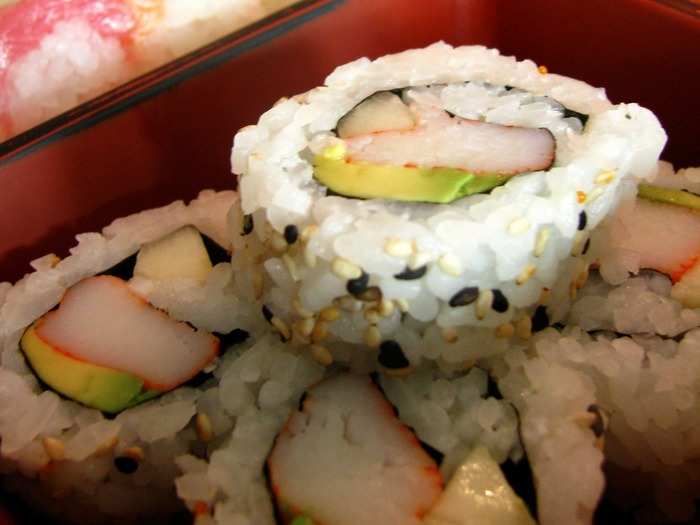
The "crab" in your California roll is more than likely something the FDA regulates as "imitation" crab meat, the pink and white crab sticks that are made up of ground fish called surimi.
If the surimi is nutritionally inferior to the seafood it's imitating (meaning it has less protein or more fat, etc.) the FDA says it has to be labeled "imitation." So unless you're seeing actual chunks of crab meat in your sushi, odds are good you're eating another kind of sea creature.
"Maple" syrup
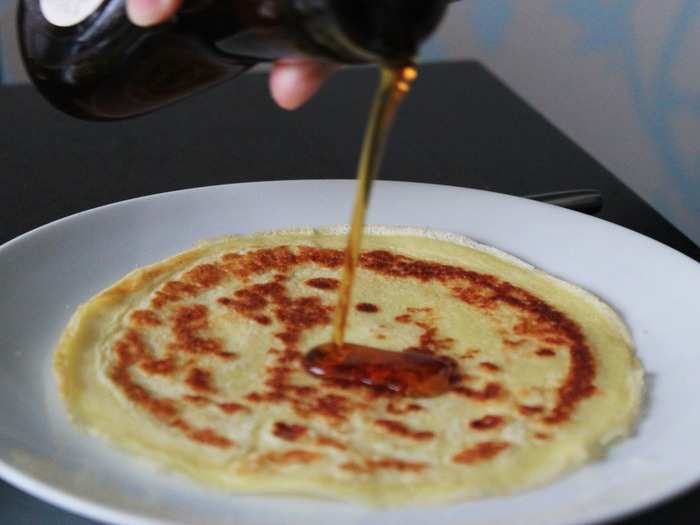
Unless you're willing to shell out the extra cash for pure maple syrup — the stuff that starts out as the sap from maple trees that then gets evaporated into a dense syrup — odds are the sticky stuff you put on your breakfast favorites doesn't actually contain any maple.
For brands like Aunt Jemima, Mrs. Butterworth's, and Hungry Jack, the syrup is mostly of the corn variety, with a dash of natural and artificial flavors added in (the FDA doesn't require the exact flavor to be specified). The labels don't usually say "maple" on them, which is a giveaway, but the signature caramel color can make it tough to tell the difference.
White chocolate — the big lie
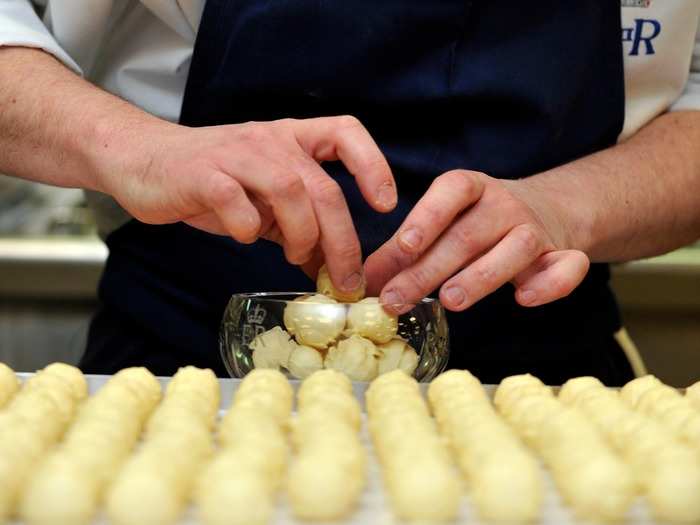
As Buzzfeed put it recently, white chocolate is one big lie. As it turns out, the creamy sweet stuff doesn't contain any chocolate at all, but instead just has a cocoa bean by-product called cocoa butter. (Cocoa "butter," a vegetable fat often used in lotions, is its own misnomer, since it's dairy-free).
Despite this, white chocolate has its own FDA standards. In order for something to be labeled "white chocolate," at least 20% of it must be cocoa butter, while only 55% of it can be from added sugars.
Edamame "hummus"
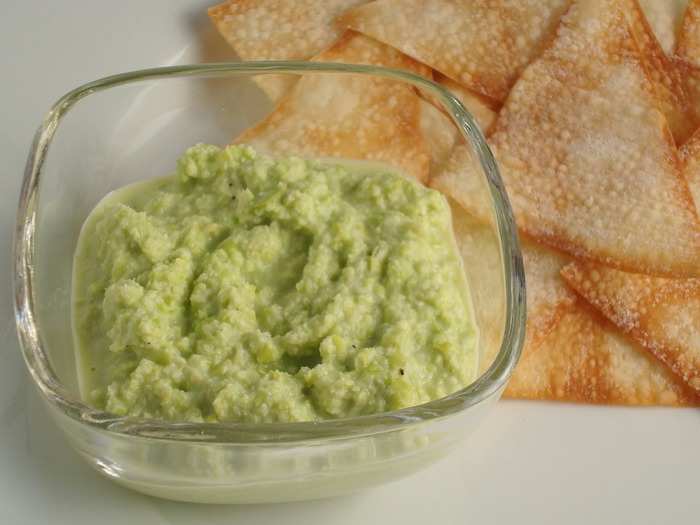
The FDA got into a recent kerfuffel with Sabra, one of the big makers of hummus, over what counts as the infamous Mediterranean spread. In Sabra's eyes, the definition of hummus applies to only spreads made from chickpeas, meaning variations like edamame and black bean hummus shouldn't count.
"From black beans and white beans to lentils, soybeans, and navy beans, everyone wants to call their dip 'hummus,'" Sabra's Chief Technology Officer Tulin Tuzel said in a news release at the time. So far, though, the FDA hasn't taken Sabra up on its request to make hummus labeling standards.
Popular Right Now
Advertisement